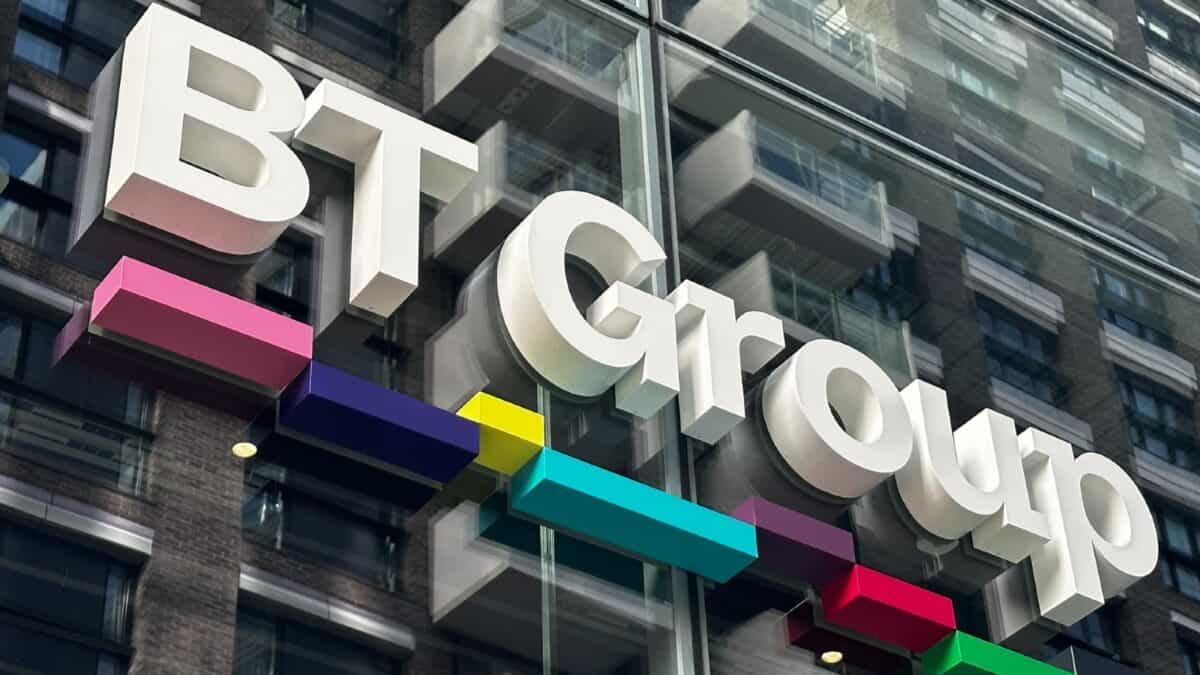The BT (LSE:BT.A) share price has outperformed the FTSE 100 over the past month, and core to this is a cost reduction plan that will improve medium-term margins.
Frustratingly, I was looking to buy BT shares at the beginning of May and I didn’t, partially because I was on holiday and my laptop was on the blink.
So with the stock up 19% over the last 30 days, have I missed my chance to buy?
Should you invest £1,000 in JD Sports right now?
When investing expert Mark Rogers has a stock tip, it can pay to listen. After all, the flagship Motley Fool Share Advisor newsletter he has run for nearly a decade has provided thousands of paying members with top stock recommendations from the UK and US markets. And right now, Mark thinks there are 6 standout stocks that investors should consider buying. Want to see if JD Sports made the list?
What’s happened?
BT shares rose in May after the firm announced a 31% drop in annual profits in the year to 31 March. However, investors are often more interested in a firm’s forward guidance rather than results from the past year. And that’s exactly the case here.
It unveiled a plan to cut costs by £3bn every year until the end of the decade. CEO Allison Kirkby announced that BT completed its £3bn cost and service transformation programme a year ahead of schedule.
We knew that something like this was coming. BT has spent billions on fibre-to-the-premise (FTTP) and, as a rule of thumb, it costs around £85m to roll-out FTTP to 100,000 households.
It’s said to be at an “inflexion point” after the company reached peak capital expenditure of its FTTP roll-out. This will likely spell the start of its workforce reduction programme, which could see as many as 40% of jobs go.
So the share price popped on BT’s cost reduction programme. Moving forward, BT will be a leaner, more efficient, and likely more profitable communications giant.
What analysts say
The average share price target for the group has risen in recent weeks. The current share price target currently sits at £1.89, 48.9% above the current share price. This does suggest the stock’s heavily discounted.
However, expected earnings have actually fallen for the coming years. The communications giant is expected to earn 15.5p per share in 2024, but this then falls to 13.9p in 2025 and 14.6p in 2026. Net debt’s also forecasted to keep rising throughout the medium term. It’s trading around 8.1 times forward earnings.
Still worth it?
I’m annoyed with myself for missing the opportunity to buy at £1.02. The stock was sitting just above its long-term ‘support level’, which is £1. History tells us that the stock tends to push up from there. But it’s also the case that the stock could have gone into freefall if it dropped below this support level.
So is it still worth it today? Well, I have to recognise that debt remains a major issue. The company’s net debt position is far in excess of its market-cap — that can be concerning. Equally, BT’s still wrestling with a costly pension deficit.
However, while this is a less data-driven approach than I’m used to, I believe BT’s still good value at the current price. FTTP offers great long-term cost benefits — fibre cables typically require less maintenance — and the cost-cutting plan should deliver around £15bn in savings before the end of the decade. I’m certainly considering investing.








